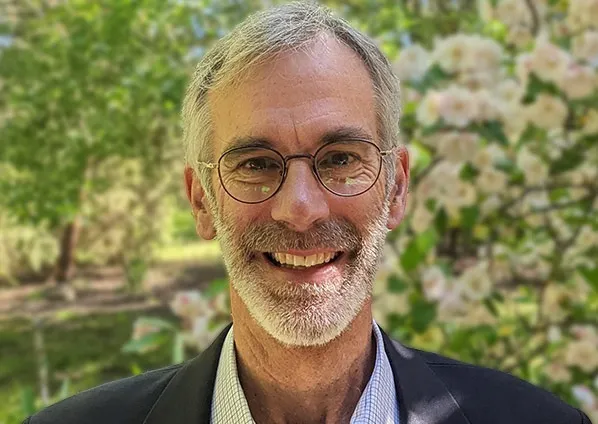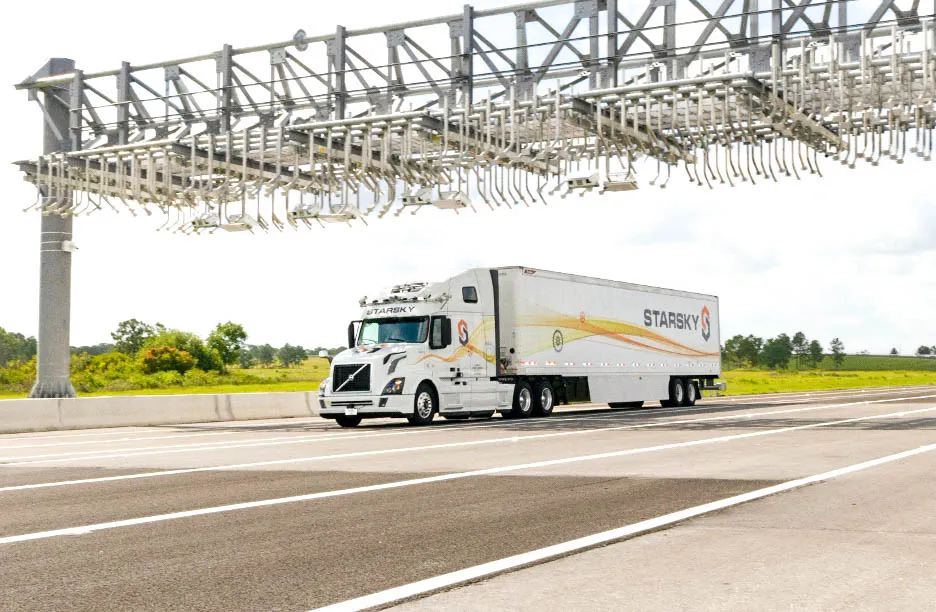
Philip Blake has been announced as winner of the Max Lay Lifetime Achievement Award.
The global award - handed out at ITS Australia's awards next year, and the organisation's highest honour, is presented annually to a leader in the ITS and transport industry.
Blake, currently secretary of the South Australia Chapter of the Australasian College of Road Safety, was director of ITS Australia from 2008-12 and, in a 30-year career, was a key contributor to the introduction and management of the first driverless vehicle demonstration in Australia and the southern hemisphere.
“I am truly humbled by this recognition by my peers nominating me for the Max Lay Lifetime Achievement Award," he said.
"I encourage a career in ITS, as it is a chance to work in a very interesting field that offers so much potential for safer, greener and more productive transport."
ITS Australia President Dean Zabrieszach said he was "an inspiration" to people in the ITS sector. He added: “Put simply, through his leadership and determination, Philip has helped enable South Australia and Australia to become global leaders in driverless vehicle technology, research and information.
“Philip has dedicated much of his working life to furthering road safety, ITS, connected and automated vehicles and Mobility as a Service...by championing the adoption of standards and harmonisation has already carved out a significant legacy."
"For any young person starting out or considering a career in ITS, learning from Philip would be well advised," concluded Zabrieszach.
ITS Australia says his input to the introduction of new legislation in South Australia to create a framework for on-road autonomous vehicle trials, testing and development, "cannot be understated".
The Motor Vehicles (Trials of Automotive Technologies) Amendment Bill 2016 saw South Australia become the first jurisdiction anywhere to legislate trials for driverless vehicles, paving the way for similar pilots around Australia and the world.
Today, every State and Territory in Australia has a driverless vehicle trial, and globally there are more than 100 driverless vehicle trials that have either been concluded or are being conducted.
The SA initiative won both the industry’s Government Award and the Automotive Vehicle Award in 2016, with Blake accepting the award on behalf of the Department of Planning, Transport and Infrastructure.
The Max Lay Lifetime Achievement Award is named in the honour of Dr Maxwell Lay, a pioneer, leader and ITS industry figurehead, who passionately advocated for the advancement of ITS in Australia, Asia-Pacific and around the world.










